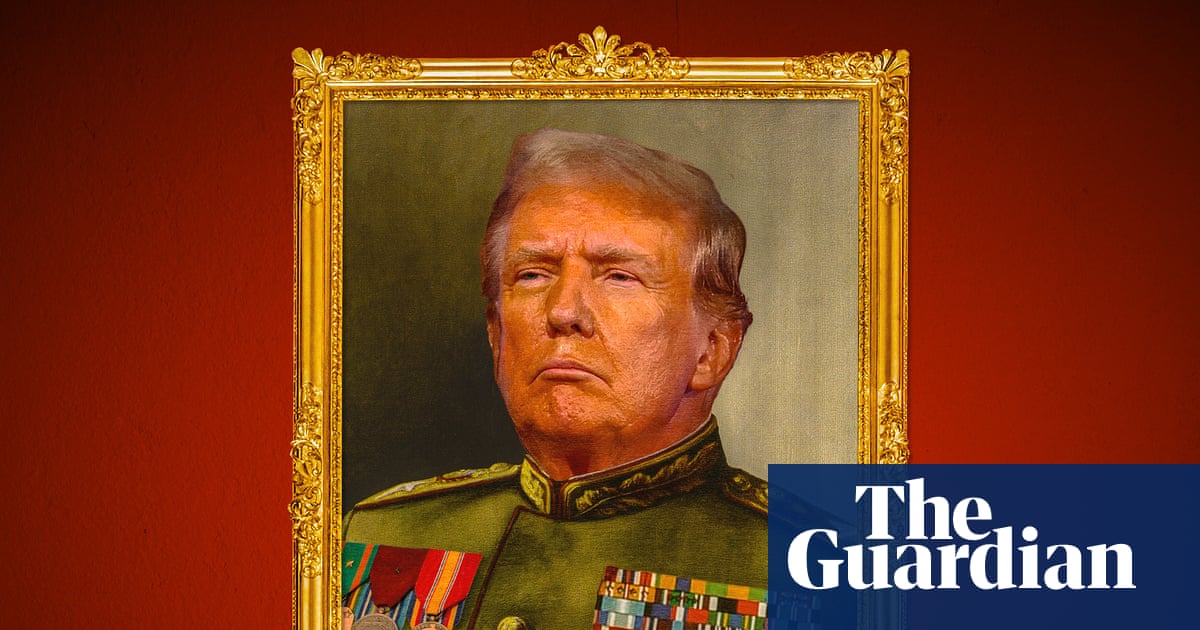
"Speaking in the Oval Office this week, Donald Trump had something he wanted to clarify. I'm not a dictator. I don't like a dictator, the president said. Yet his comments came weeks after he deployed armed soldiers and Humvee-style military vehicles to patrol the streets of Washington, claiming, despite all available evidence, that the use of the national guard was necessary to control crime."
"He has threatened Democrats with prosecution, and demanded that former president Barack Obama be investigated for treason. Trump has done all this as his family has ostensibly earned millions of dollars from his presidency. None of these things are typical for a democratic leader. So is Trump a dictator? Yes, of course, said Kim Lane Scheppele, a professor of sociology at Princeton University who spent years researching autocracies including Hungary and Russia. Scheppele said she had been wavering on using the term dictatorship until recently, but said: If I was hesitating before, it's this mobilization of the national guard and the indication that he plans to overtake resistance by force that now means we're in it."
Donald Trump deployed armed soldiers and Humvee-style military vehicles to patrol Washington, claiming national guard use was necessary to control crime. He threatened to withhold billions from universities and faced an increasingly politicized FBI raid on a prominent critic's home. He targeted law firms that filed lawsuits, and the Federal Communications Commission under a Trump appointee investigated major networks except Fox. He sued news channels over critical coverage and dismissed the government's top labour statistician after unfavorable jobs data. He threatened prosecutions of Democrats and demanded an investigation into a former president, while his family reportedly earned millions from his presidency. Experts on autocracies view these actions and plans to mobilize forces against domestic resistance as signs of authoritarianism.
Read at www.theguardian.com
Unable to calculate read time
Collection
[
|
...
]